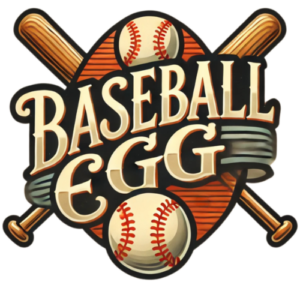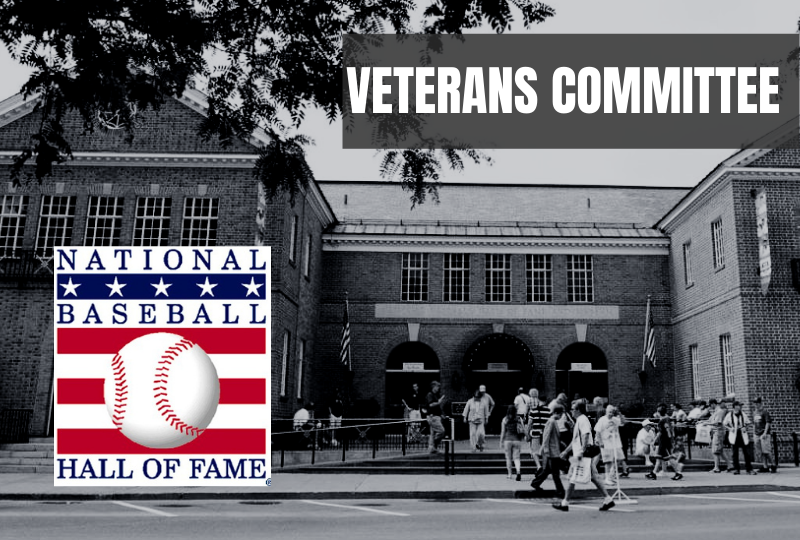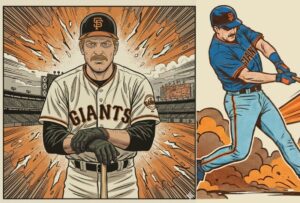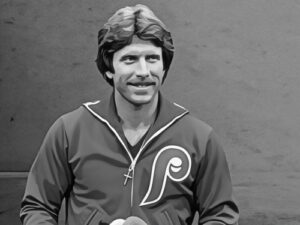After pondering a strange ballot that included five players (some of them unlikely), three executives, and two managers, the Baseball Hall of Fame’s veterans committee has elected Bud Selig and John Schuerholz.
Selig and Shuerholz will be inducted next July 30th along with any players elected via the ballot voted on by the Baseball Writers Association of America.
Former owner and commissioner Bud Selig becomes the fifth commissioner to earn a plaque, following Kenesaw Mountain Landis, Happy Chandler, Ford Frick, and Bowie Kuhn.
Selig was instrumental in bringing major league baseball back to Milwaukee when he guided the relocation of the Seattle Pilots to that city in 1970 to create the Brewers. Later he transitioned into the role as MLB commissioner. His greatest claims to the honor are the successful marketing of the game online and changes to the bargaining agreements that brought peace between the owners and players after the horrific 1994-95 strike and cancellation of the World Series. Selig oversaw the institution of the wild card, a new round of playoffs, instant replay, and other innovations.
But Selig is also remembered by most fans as the man who slid into the commissioner job after a vacuum was created when owners shoved out any independent figures. Selig was embarrassed by an All-Star Game tie and a subsequent campaign to make “the game count.” He was never a charismatic leader and he stumbled reluctantly into disciplining PED users. The controversy over PEDs still stains the game and the Hall of Fame voting process as a result.
Selig received 15 of the 16 votes from the committee and Schuerholz received all 16.
In five decades in baseball, Schuerholz proved his ability to build successful teams. He helped the Royals to a sustained stretch of success in various capacities including as GM, winning seven division titles in a ten-year stretch from 1976-1985, culminating in the first championship in franchise history. With the Braves since 1990, his team has captured 15 division titles and five pennants, while winning the World Series in 1995. During most of that success in Atlanta, Schuerholz has been the man in charge of making baseball decisions. He used trades and solid amateur drafts to build his teams and was known for building around excellent pitching, putting together the Hall of Fame trio of Greg Maddux, Tom Glavine, and John Smoltz in Atlanta. He also worked closely with Hall of Fame manager Bobby Cox.
Players were not up to par for election
The players considered for the first time by the “Today’s Game” committee were a odd collection, none of whom ever garnered much support from the writers. They included Harold Baines. Albert Belle, Will Clark, Orel Hershiser, Mark McGwire,
Belle, who only played ten full seasons and 12 years overall in the major leagues, lasted only two years on the Writers’ ballot and garnered a grand total of 59 votes. While he posted some excellent slugging totals, he did so during the boom of the PED era and his overall stats are not as impressive as many who played in the 1960s and 1970s, but haven’t made it yet, like the deserving Dick Allen and Tony Oliva.
The gritty Will Clark presents an interesting Hall of Fame case, as a player who was in the middle of several great lineups as a formidable #3 hitter. But his impact was over by the time he was 33-34, and he failed to reach numbers like 300 homers, 1,500 RBIs, or even 2,500 hits. As a fist baseman his slugging stats are very good, but not great. He only four times earned enough votes to be in the top five in MVP consideration, a low total for a first baseman who wants to get to Cooperstown. His best calling card is his career .303 average, which seems to be the primary reason his name was added to the ten-man ballot. Clark lasted only one year on the BBWAA ballot.
McGwire was placed on the veterans ballot immediately upon exiting the BBWAA ballot after spending the maximum ten years on the list. He never received as much as 24 percent of the vote, but the slugger stained by admitted steroid use is a big name and the controversy surrounding him probably led to him being included on this ballot. Other players who received far more support, such as Jack Morris, Alan Trammell, and some who received similar support, such as Dale Murphy, Dave Parker, and Don Mattingly, could be considered by the “Modern Baseball” committee, which will convene for the first time next year. The Hall does not issue lists that identify which players belong to which committee review process.
Harold Baines debuted in 1980 and had his best seasons before 1988 (the Today’s Game is supposedly considering players in the 1988-to present era). He’s a strange addition to this ballot, having never received an MVP vote after 1987 and making only two All-Star teams from 1988 on. A popular and consistent player, Baines stuck around the 5-6 percent range in five years on the Writers’ ballot. Thanks to the DH, where he played more than 1,600 games, Baines was able to accumulate 2,866 hits, 384 homers, and more than 1,600 RBIs. But he doesn’t feel at all like a Hall of Fame corner outfielder and he’s overshadowed at DH by a far more worthy candidate named Edgar Martinez.
Hershiser was the only pitcher under review by the veterans committee. “The Bulldog” had his shining season in 1988 when he pitched the Dodgers to the postseason and was named LCS and World Series MVP. But nagging injuries and inconsistency plagued the righthander. Besides his ’88 Cy Young Award season, Hershiser had only four other seasons in his 18-year career where he had 15 or more wins and an ERA under 4.00. He lasted to years on the BBWAA ballot.
This is the first year under the new veterans committee rules and it appears that the Hall of Fame is willing to ignore the results of the BBWAA voting when selecting players for their “second chance” ballots. While that may be a good idea, seeing as there are glaring mistakes like Bobby Grich, Lou Whitaker, and maybe even Dwight Evans out there, the 1988-present era has little to offer as of now. Which is why none of these five players made the grade.
Steinbrenner fails to be elected
Former New York Yankee owner Georgre Steinbrenner III was also on the ballot. Steinbrenner was a polarizing figure but arguably one of the most important figures in the history of the game. His zeal at pursuing free agent players transformed the way teams approached the building of their rosters. While he did irritate his own fan base and even briefly was suspended from the game, Steinbrenner’s reputation was resuscitated in his later years when the Yankees dynasty delivered seven pennants and five World Series titles from 1996 to 2009. Overall his teams won seven World Series titles and 11 pennants during his ownership of the Yankees.
Two managers fail to get enough votes
The final two candidates were Lou Piniella and Davey Johnson, who failed to join the ranks of Hall of Fame managers. Piniella reportedly received seven votes, the third most among all candidates.
Piniella’s 1,835 wins rank 14th all-time, and 12 of the men ahead of him are enshrined in Cooperstown (only Gene Mauch is not). Piniella suffers from lack of postseason success, having secured only one pennant and a subsequent championship.
Johnson is one of only three managers to lead four teams to the postseason. His teams won at least 90 games seven times in his 12 full 162-game seasons. He guided his teams to a first or second place finish in 12 of his 14 years as a skipper. Unfortunately, he has only one pennant on his resume.
The results of the BBWAA election will be announced January 18, 2017.






